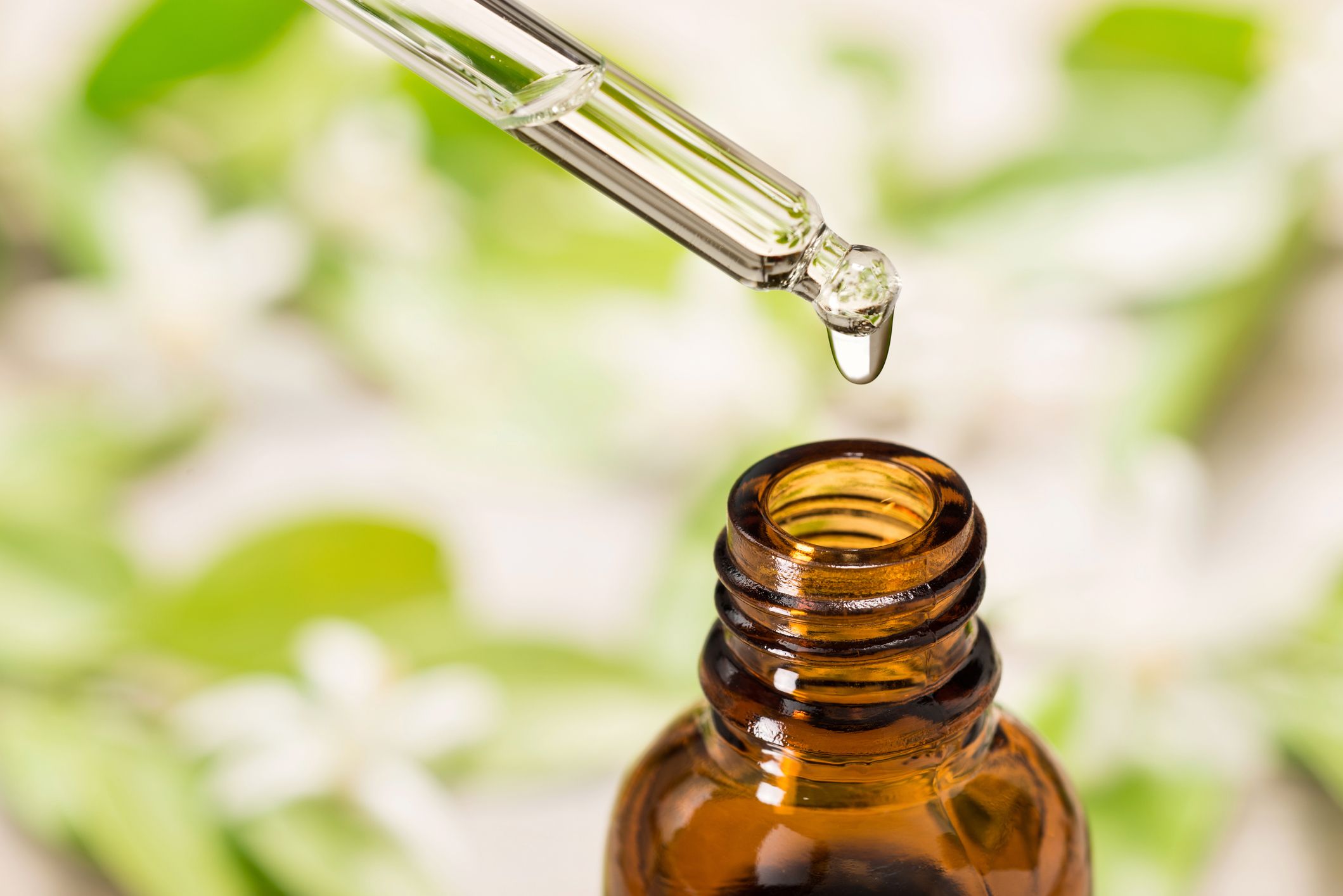Overview
You may experience seasonal allergies in late winter or spring or even in late summer and fall. Allergies may occur occasionally as a plant you’re allergic to blooms. Or, you may experience around-the-clock allergies during specific seasonal months.
Essential oils may be used as an alternative or complementary treatment for allergy symptoms. They’re derived from plants and can be used in a variety of ways. Popular ways to use essential oils include:
- diffusing them into the air
- using them in bath and spa products
- applying them to the skin when diluted
- spraying them into the air
- breathing them in directly from the container
Breathing in the oils’ scents is known as aromatherapy. This practice stimulates your body through your sense of smell. What you smell can affect other parts of your body.
Just like with aromatherapy, applying the oils to your body results in them entering your bloodstream. You should always dilute the essential oils before using them on your skin.
A carrier oil, such as sweet almond oil or olive oil, can work well for this purpose. You usually mix about 5 drops of the essential oil to 1 ounce of carrier oil.
There isn’t a great deal of research to support the use of essential oils, but more is coming out all the time. If done with care, aromatherapy with essential oils might benefit you.
If you’d like to incorporate essential oils into your life to relieve allergy symptoms, here are a few you might want to try.
1. Lavender
Lavender is a popular essential oil because of its many benefits.
It may help soothe your symptoms during allergy season thanks to its ability to calm and reduce inflammation. One study concluded that the essential oil prevents allergic inflammation as well as the enlargement of mucous cells.
Try using lavender in a diffuser for aromatherapy or dilute it in a carrier oil and soak in a bath with a bit added.
2. Blend of sandalwood, frankincense, and Ravensara oil
One study used a blend of sandalwood, frankincense, and Ravensara oils to treat perennial allergic rhinitis. Study participants reported improvement with their blocked nasal passages, runny and itchy noses, and sneezing.
This suggests that this blend of essential oils can help with perceived symptoms, quality of life related to allergies, and better sleep.
To use these blended oils, mix with a carrier oil (such as sweet almond oil) and apply to the skin. They can also be diffused into the air.
3. Eucalyptus
Eucalyptus oil is known as an anti-inflammatory and may help you with your congestion. The cooling sensation you experience while breathing it in may also help you feel relief as you deal with and treat seasonal allergies.
Researchers are beginning to understand how using eucalyptus aromatherapy reduces inflammation. This could lead to reducing allergic symptoms.
Try diffusing eucalyptus into the air or breathing it in from the bottle to provide you with comfort.
Despite showing anti-inflammatory properties, eucalyptus can also trigger allergies in some people.
4. Tea tree oil
There’s still significant research to be done on the connection between essential oils and allergy relief, but tea tree oil may help with allergy symptoms.
This is because the oil is recognized as an anti-inflammatory. However, tea tree oils can also trigger allergies. Do a skin patch test before using.
Tea tree oil is dangerous if swallowed. Don’t ingest any essential oil.
5. Peppermint
Peppermint essential oil is known to reduce inflammation. You’ll be able to breathe easier by diffusing the oil or even applying it on your skin after it’s diluted with a carrier oil.
Combining peppermint with lavender and lemon oils creates an effective and soothing allergy relief combination as well. However, be aware that combined oils can increase your chances of having an allergic reaction. If you apply citrus oils, you will be sun-sensitive.
6. Lemon
Citrus-scented essential oils are often used in aromatherapy to boost alertness and energy. Lemon essential oil can also help clear your sinuses and reduce congestion, common symptoms of seasonal allergies.
Be careful exposing your skin to sunlight or tanning beds if you’re using lemon or any citrus-scented oils. Try diffusing the oil to lift your mood or diluting and applying it to your skin to help with allergy symptoms.
Risks and potential complications of using essential oils
Using essential oils isn’t without risk. The U.S. Food and Drug Administration doesn’t oversee the purity, quality, and packaging of essential oils. It’s important to use essential oils as directed and make sure you’re using quality products.
If you have numerous allergies or are particularly chemical sensitive, essential oils can trigger even more allergic responses. You’ll need to talk to your doctor before you begin any essential oil treatment.
Keep these points in mind when using essential oils:
- You may experience allergic reactions to oils, so make sure you cautiously use them for the first time. Test the essential oil mixed in carrier oil on unbroken skin, such as your forearm. If you don’t have a reaction in 24 hours, it should be safe to use. Test each new essential oil, especially if you have allergies.
- Never apply concentrated oil directly to your skin. Dilute it in a carrier oil before applying it.
- Don’t ingest essential oils.
- Use caution when using oils around pregnant and breastfeeding women and children, especially young children.





